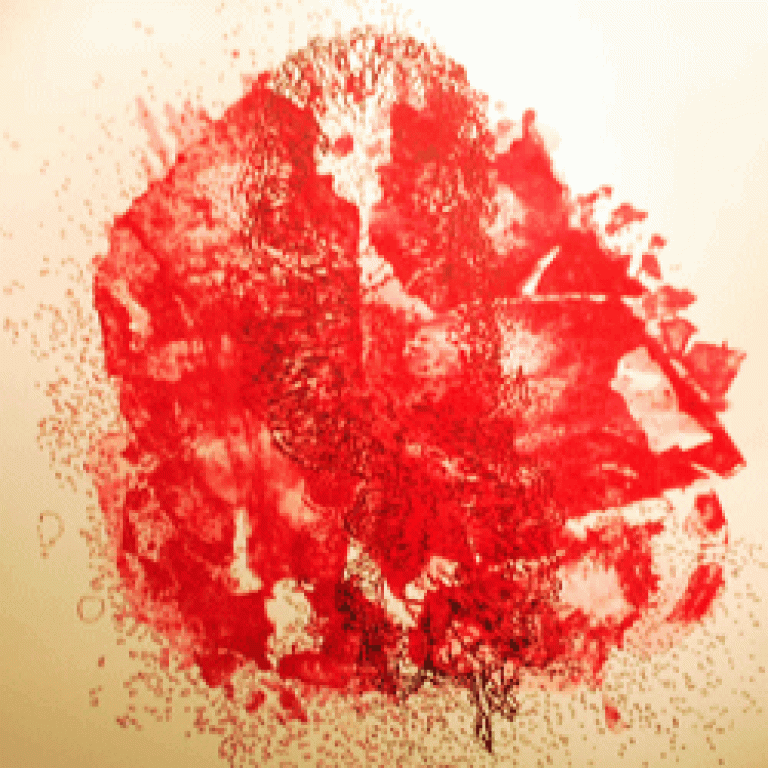UCL podcast: What does science get from art?
28 November 2009
Links:
 engineeringart.co.uk/engineering" target="_self">Andy Charalambous
engineeringart.co.uk/engineering" target="_self">Andy Charalambous
'Galileo, Galileo' is a UCL project that has given three artists the opportunity to produce astronomy-inspired work.
Conceived and coordinated by Andrew Charalambous (UCL Physics and Astronomy), the project features as part of the 2009 International Year of Astronomy (IYA). The work of three artists Douglas Burton, Isambard Poulson and Iwona Abrams will be presented and discussed at an event entitled 'What does Science get from Art?' at UCL on Thursday 3 December 2009.
Andrew said: 'When I was at school I had to make a choice: maths and physics, or history and art. Creating this sort of divide between art and science means that both lose out. 'Galileo, Galileo' is one of a growing number of projects which aims to strengthen the connection between art and science, to better understand both disciplines.'
Listen to Andrew Charalambous and Douglas Burton discuss the project by clicking on the player below:
To inform their practice the artists were introduced to tools and techniques used by UCL astronomers and visited the Royal Observatory Edinburgh and the University of London Observatory to meet with astronomers as part of their research. These experiences enabled the artists to explore astronomers' methods for research and current thinking as well as the history of astronomy.
Image above right: Iwona Abrams 'Redshift 2', Unique screen-print, 2009
UCL context
The Physics and Astronomy Department at UCL is located in the heart of the historical area of Bloomsbury. Scientific research and study has been a strong feature of UCL since its inception in 1826 and the Department is currently one of the top rank Physics departments in the country, and indeed the world.
 Close
Close

